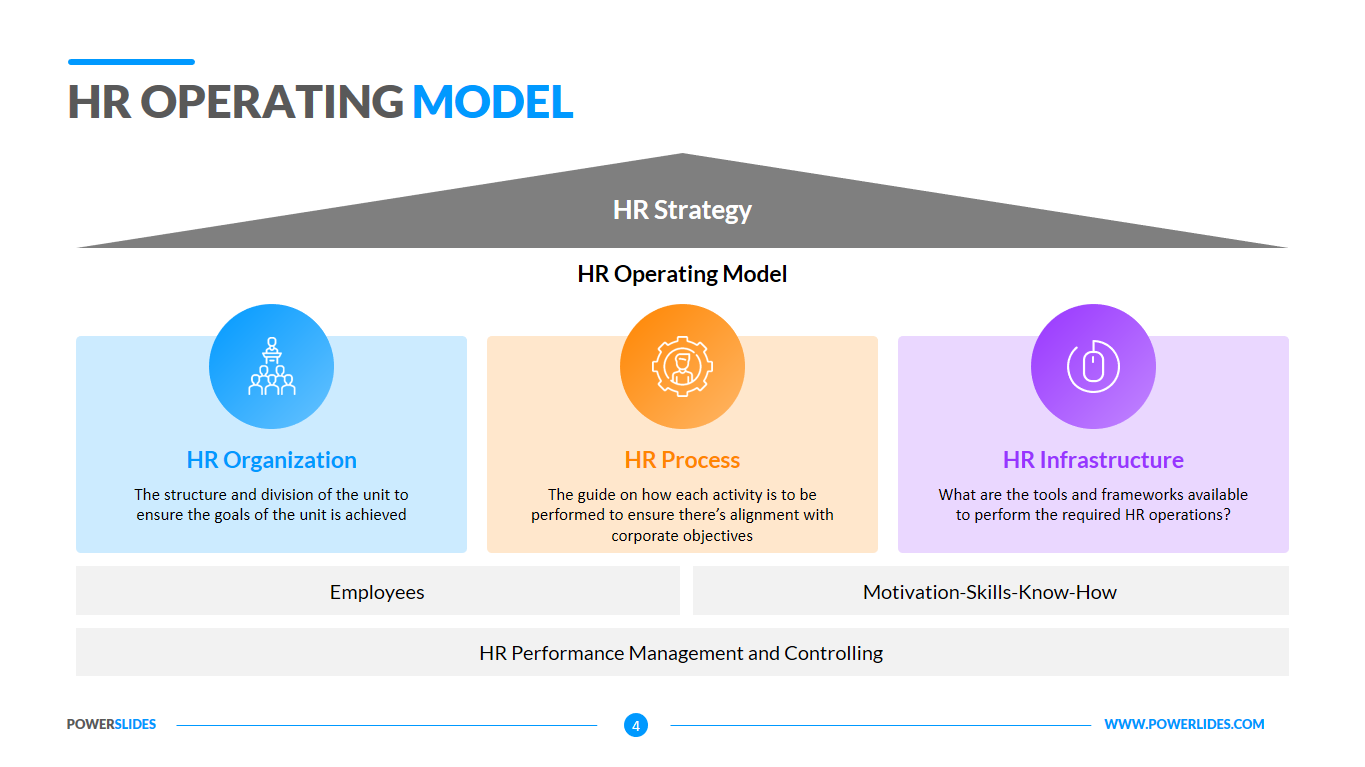Can You Afford Not To Upskill Your HR Team?

Many, if not all, business leaders readily agree that it is their employees who give them a competitive edge in the marketplace through strong customer relationships, innovating new products and services, or ensuring quality and commitment in their daily work.
Few, however, are able to quantify the impact of “better” employees on business performance.
The recent advent of the “big data” movement has helped business leaders understand how to deploy human capital analytics to demonstrate the competitive edge gained by high-quality human capital practices.
However, human resources professionals often struggle with how to measure employee business impact – value to the organisation. They are often frustrated when asked to quantify what is seemingly unmeasurable.
It can be very threatening when asked to quantify an employee’s value to the organisation or the business impact of the work we do.
However, HR is a data-rich environment and there are many ways to measure employees. Demonstrating the business impact of human capital can actually be relatively straightforward.
The High-Impact HR Operating Model 2014 report by Deloitte Consulting shows that companies with high impact HR are far more successful than others. Specifically companies with high impact HR are:
- 2.5 times more able to adapt to market changes faster
- 2.4 times better at creating new products/services quickly
- Two times more efficient at maximising business processes
- Two times better at minimising operating costs
- 1.4 times more likely to beat the competition
- 1.3 times more responsive to customer needs
In fact, 43% of business performance can be attributed to a combination of business leader skills, people management skills, and HR performance.

High impact HR professionals play a significant role in developing leaders’ skills and people management capability.
Despite the significant role HR plays in organisational success, less than one-third of leaders believe their HR teams are “Ready” to address their most pressing business challenges.
The rapid growth of businesses in South-East Asia put further pressure on HR to “catch-up” and deliver meaningful value in business transformation and expansion.
To truly meet these demands, HR professionals must understand the new practices, technologies, workforce changes, as well as diversity of cultures, languages, and regulations within the region.
High impact HR will go beyond these foundational knowledge areas to focus on leading innovative HR programmes, managing and integrating business and HR data, as well as acting as skilled consultants equipped with business critical capabilities beyond traditional HR.
See main story: Upskilling For High Impact HR
For more HR Talk articles, click here.
Published in English daily The Star, Malaysia, 4 April 2015
Functional
Tags: HR, Business Management






